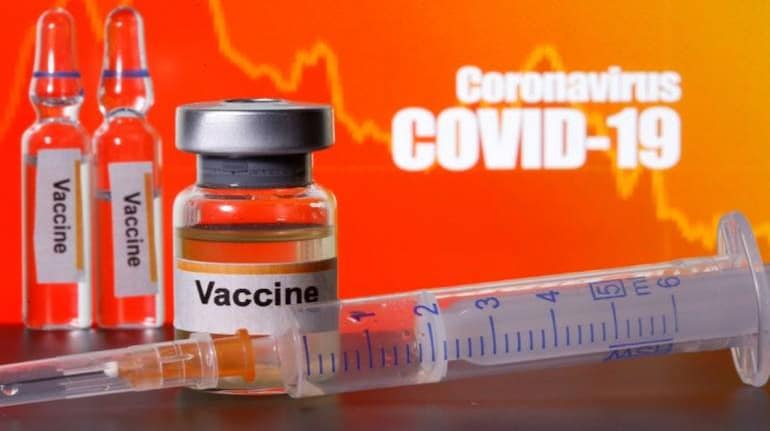The company said that Zydus has already manufactured clinical GMP batches of the vaccine candidate and plans to initiate the clinical trials in July 2020 across multiple sites in India in over 1000 subjects.
Zydus Cadila, on July 15 said that it has begun giving its potential coronavirus (COVID-19) vaccine to healthy volunteers in the first and second phases of human clinical trials across multiple sites.
"Zydus has already manufactured clinical GMP batches of the vaccine candidate and plans to initiate the clinical trials in July 2020 across multiple sites in India in over 1000 subjects," the company said.
As per the Clinical Trial Registry of India (CTRI) data which was updated on July 4, the phase-1 where the vaccine will be tested for safety is expected to be completed in 84 days, and phase-2 where the vaccine will be tested for safety, efficacy, will compared with placebo and it is expected to take 84 days.
The CTRI data mentions one clinical trial site of Zydus Research Centre in Ahmedabad. The ethics committee related to site has approved the trial.
Zydus had earlier this month announced that its plasmid DNA vaccine candidate (ZyCoV-D) developed at its Vaccine Technology Centre in Ahmedabad, India had successfully completed the preclinical phase and had received permission from the Drug Controller General of India (DCGI) permission to initiate Adaptive Phase I/II human clinical trials in India.
"In the pre-clinical phase, the vaccine was found to elicit a strong immune response in multiple animal species like mice, rats, guinea pigs and rabbits. The antibodies produced by the vaccine were able to neutralize the wild type virus in virus neutralization assay indicating the protective potential of the vaccine candidate. No safety concerns were observed for the vaccine candidate in repeat dose toxicology studies by both intramuscular and intradermal routes of administration," the company said.
With ZyCoV-D, the company said it has successfully established the DNA vaccine platform in the country using non-replicating and non-integrating plasmid carrying the gene of interest making it very safe.
"Further, no vector response and with absence of any infectious agent, the platform provides ease of manufacturing the vaccine with minimal biosafety requirements (BSL-1)," the company added.








